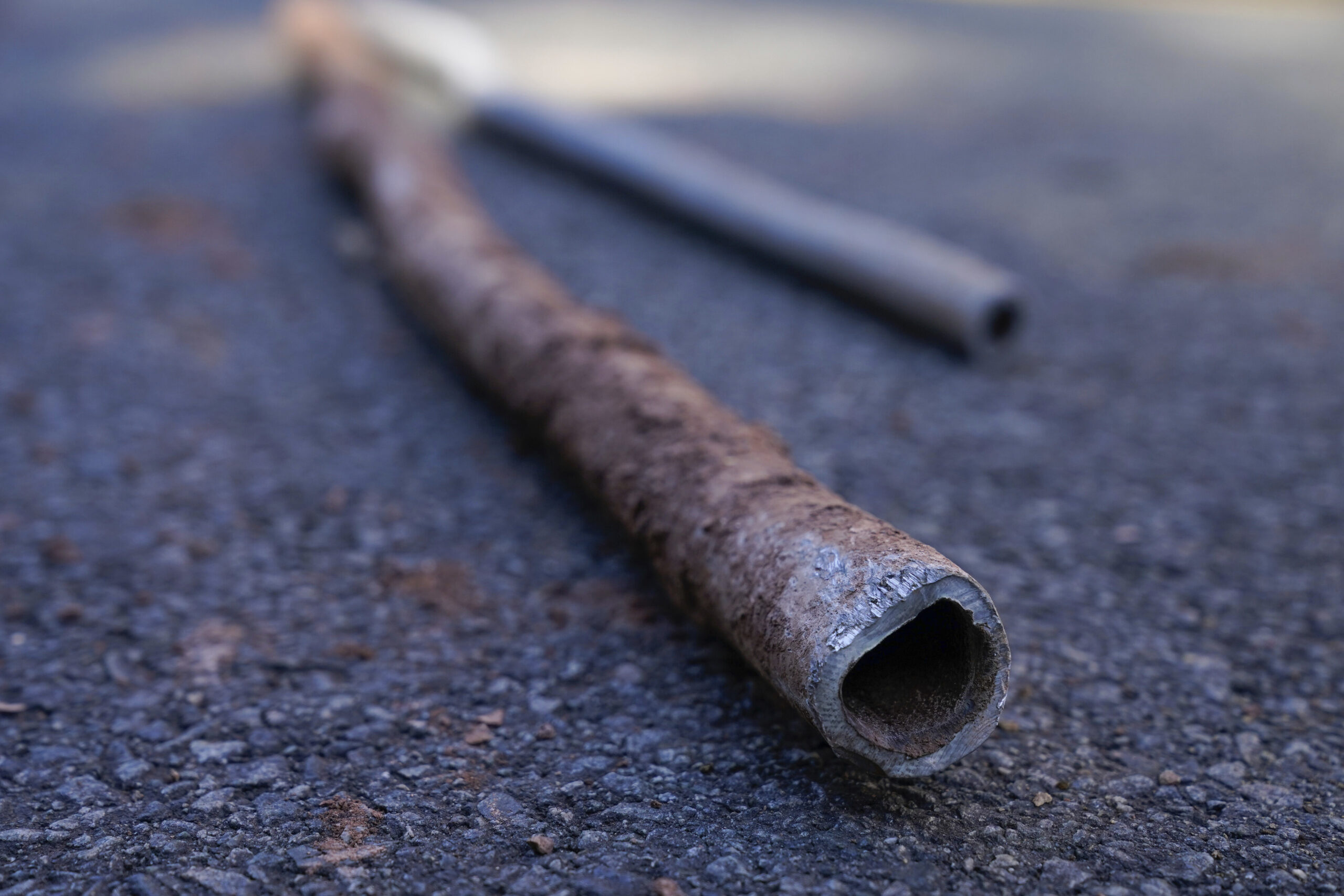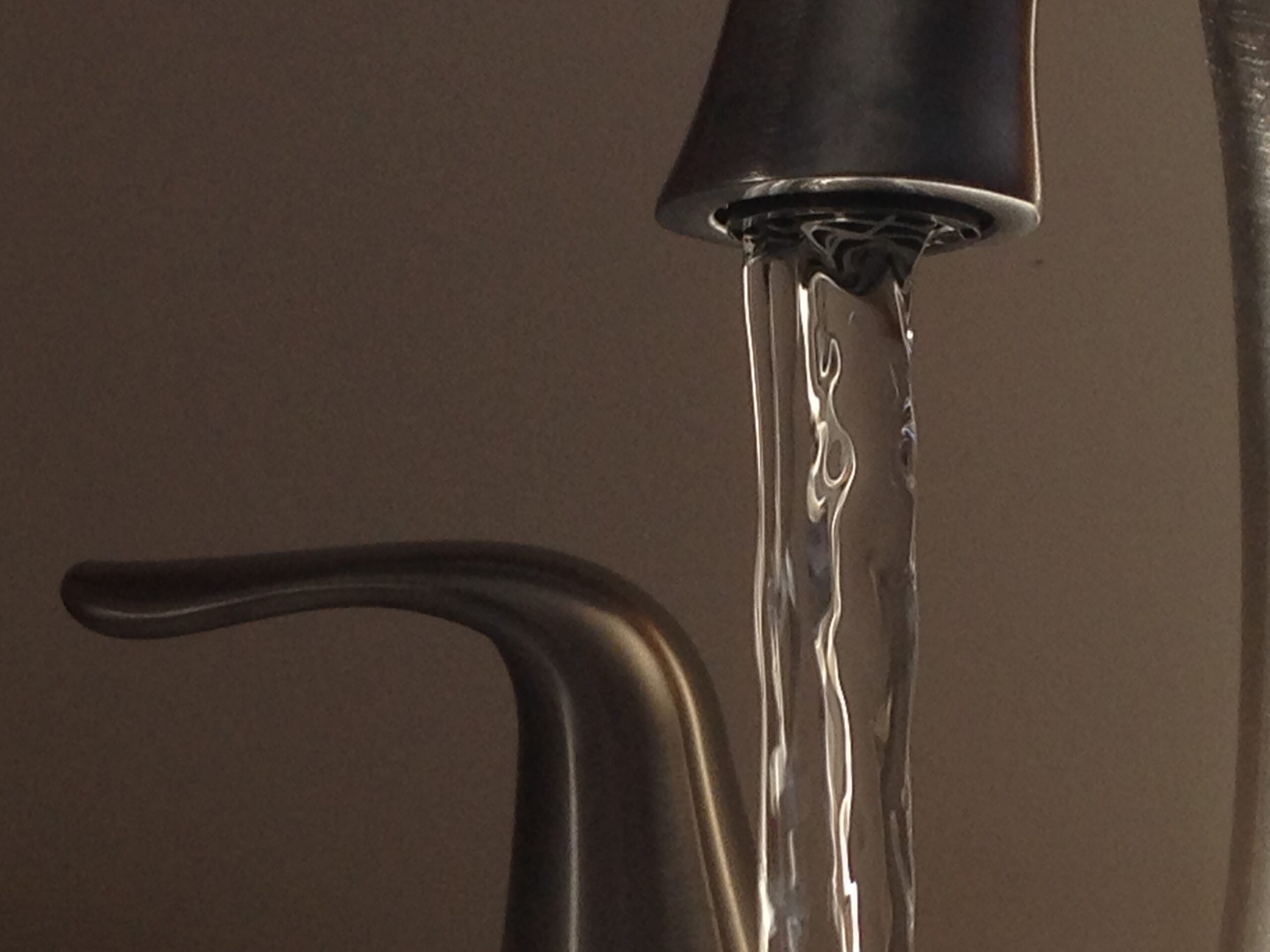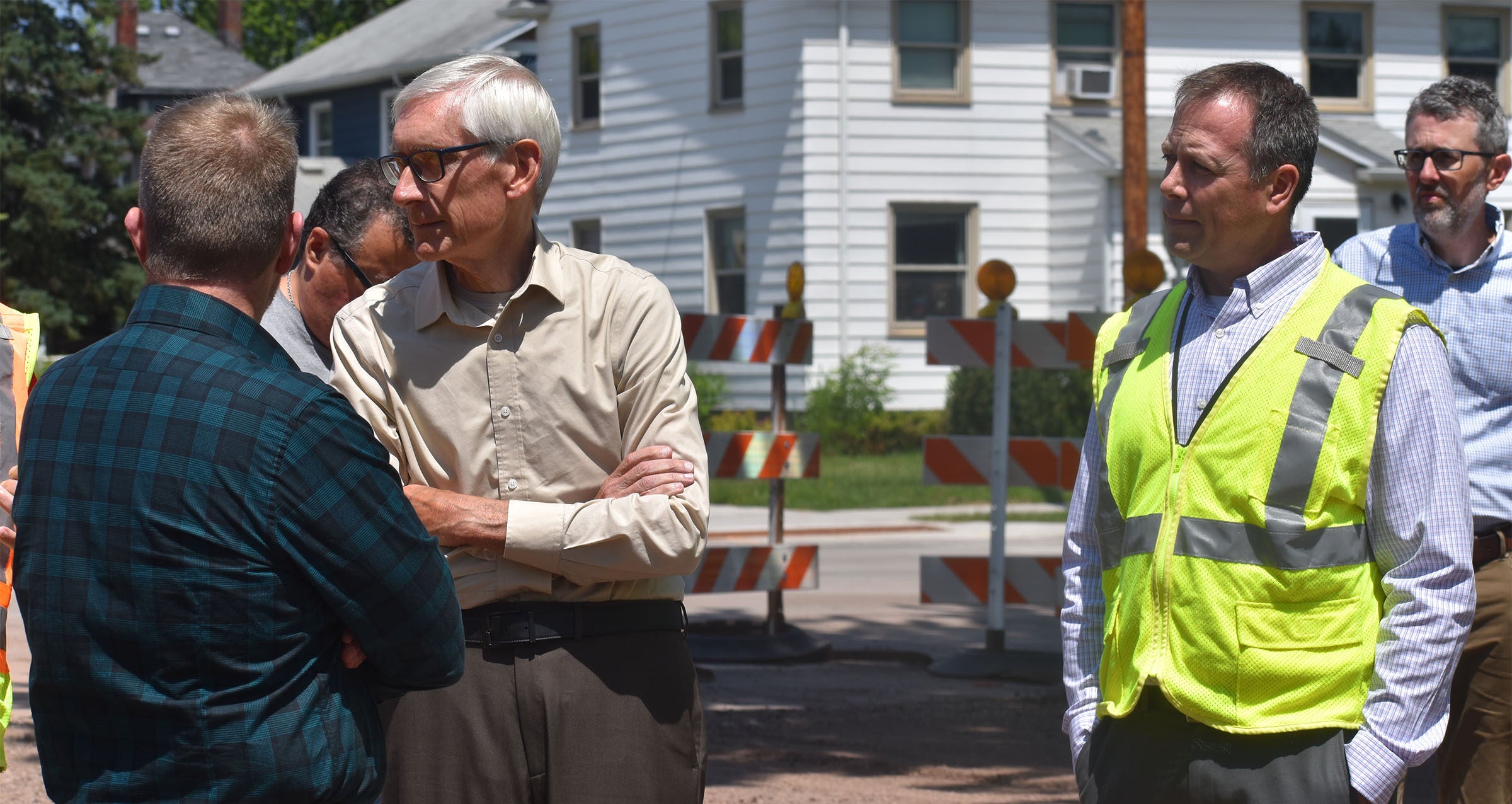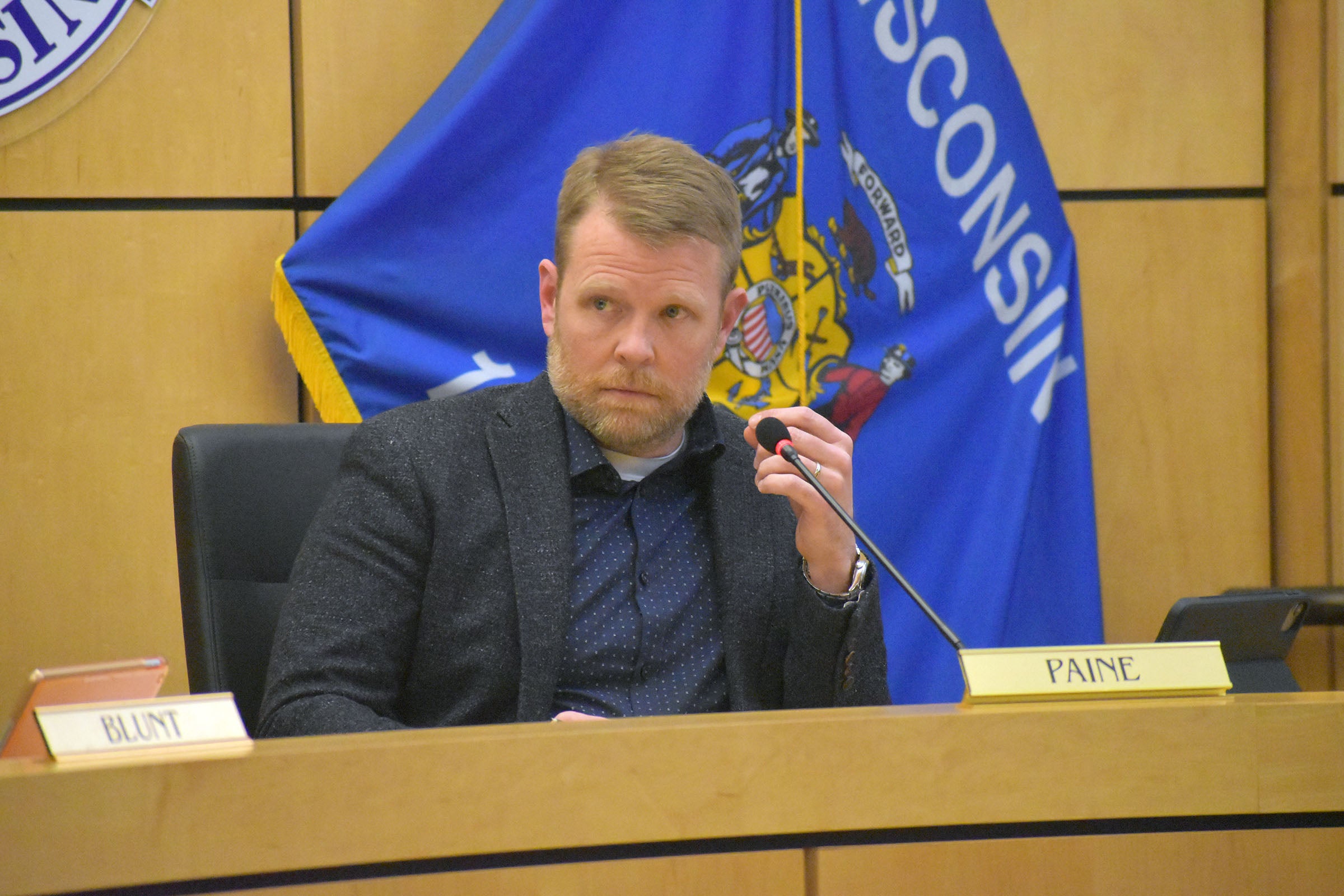State environmental regulators are launching a new grant program to support education and outreach about ongoing lead line replacement projects.
Gov. Tony Evers announced the $4 million grant program Monday, which is being funded through the Bipartisan Infrastructure Law.
“Every Wisconsinite should be able to have clean, safe drinking water right from their tap. Replacing our state’s lead service lines is no small feat, and effective community outreach is vital to the success of these efforts and ensuring that consumers, private property owners, and local community leaders know what resources and tools are available,” Evers said in a statement.
Most recent data shows Wisconsin utilities own about 158,000 lead service lines, and the state has around 147,000 known private lead lines. As many as 229,000 pipes on the private side could contain or collect lead, according to the Wisconsin Department of Natural Resources.
In October, Evers announced more than $402 million for upgrading drinking water systems, which includes $30 million for Milwaukee to replace lead service lines. Altogether, Wisconsin is receiving more than $900 million in additional Bipartisan Infrastructure Law funds for its environmental loan programs. The state is also receiving $83 million as one of four states taking part in a national program to accelerate lead line replacement.
Agency staff shared details of the new program in a meeting with its drinking water and groundwater study group last Thursday that was broadcast by Wisconsin Eye. Olivia Fronmueller, DNR federal programs project manager, said the program will help municipal public water systems educate residents in communities with upcoming or ongoing projects.
“Some goals can include educating the customers that might be impacted by the replacement, informing them of public health information about the lead service lines, and what actions they can take to protect their health before, during or after the replacement,” Fronmueller said. “Then, it’s also promoting cooperation from customers that might have a private lead service line.”
Lead in paint and dust are the primary source of lead exposure in Wisconsin, but water crises like the one in Flint, Michigan, have highlighted the ongoing problem with lead in drinking water. Lead exposure can damage the brain and kidneys, and children with lead poisoning can experience learning and behavioral issues. There is no safe level of lead.
While the funds support education and outreach, Fronmueller noted they wouldn’t cover construction costs for replacing lead service lines.
The DNR has received feedback from some public water supplies that homeowners don’t want their lead lines replaced. Fronmueller told WPR that’s often due to a lack of understanding about the risks of lead in addition to concerns about the disruption, inconvenience and cost of lead line removals. The agency advises against partial replacement of lead lines because it can increase lead levels in homes.
Steve Elmore, the DNR’s drinking water and groundwater program director, said outreach is a key part of encouraging homeowners to replace private-side lead lines when municipalities replace their lead lines.
Elmore said that may include educating residents of some communities that have ordinances requiring removal of private lead laterals when public lead service lines are replaced.
The city of Milwaukee is among communities with an ordinance that outlines such requirements for lead line projects. The city is working to replace its remaining 65,000 lead lines as the Environmental Protection Agency aims to remove all lead pipes nationwide within the next decade.
“This new grant program will provide much-needed outreach funding to support lead service line replacement,” Elmore said in a statement. “This is an ideal time for municipal systems to foster trust and cooperation with their customers while, at the same time, safeguarding the quality of their drinking water.”
Lawrie Kobza is an attorney that works with the Municipal Environmental Group’s Water Division, which represents a coalition of municipal water systems. While she’s not criticizing the outreach program, Kobza told WPR she would like to maximize the use of federal funds to assist private property owners.
News with a little more humanity
WPR’s “Wisconsin Today” newsletter keeps you connected to the state you love without feeling overwhelmed. No paywall. No agenda. No corporate filter.
“I want to make sure that the dollars being spent will help maximize the ability to get private lead service lines out of the ground and reduce costs for private property owners,” Kobza said.
Through the Safe Drinking Water Loan Program, the state awards communities a mix of loans and principal forgiveness to help them replace lead service lines. Principal forgiveness is essentially a grant that communities don’t have to pay back. Kobza said those funds can then be made available to help private property owners pay to replace their lead pipes.
Kobza said communities like Baraboo, Cedarburg and Oconomowoc have received little principal forgiveness for replacement projects.
“You may say, ‘Oh, well, those are more well-to-do communities,’ but not every property owner in that community is, and replacements can be expensive,” Kobza said.
The DNR has previously stated it may cost up to nearly $1 billion to replace private lead service lines.
Elmore said they’re trying to maximize the amount of principal forgiveness for communities that doesn’t have to be paid back.
Under the grant program, municipal water systems can partner with community organizations to conduct outreach to customers about lead line replacements. The state will begin accepting applications for grants at the end of the month, and communities can apply through April 30 of next year.
Wisconsin Public Radio, © Copyright 2025, Board of Regents of the University of Wisconsin System and Wisconsin Educational Communications Board.






